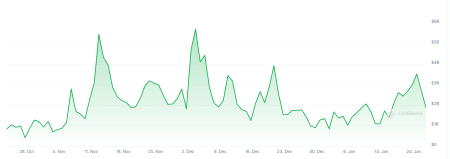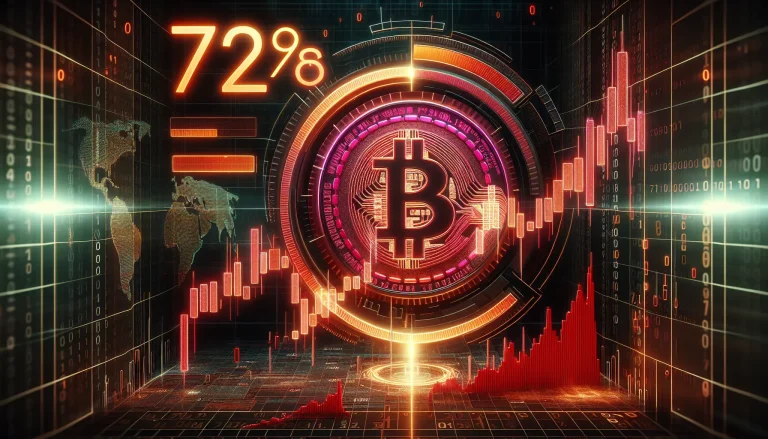Last updated:
 Why Trust Cryptonews
Why Trust Cryptonews
Ad Disclosure
We believe in full transparency with our readers. Some of our content includes affiliate links, and we may earn a commission through these partnerships. Read more
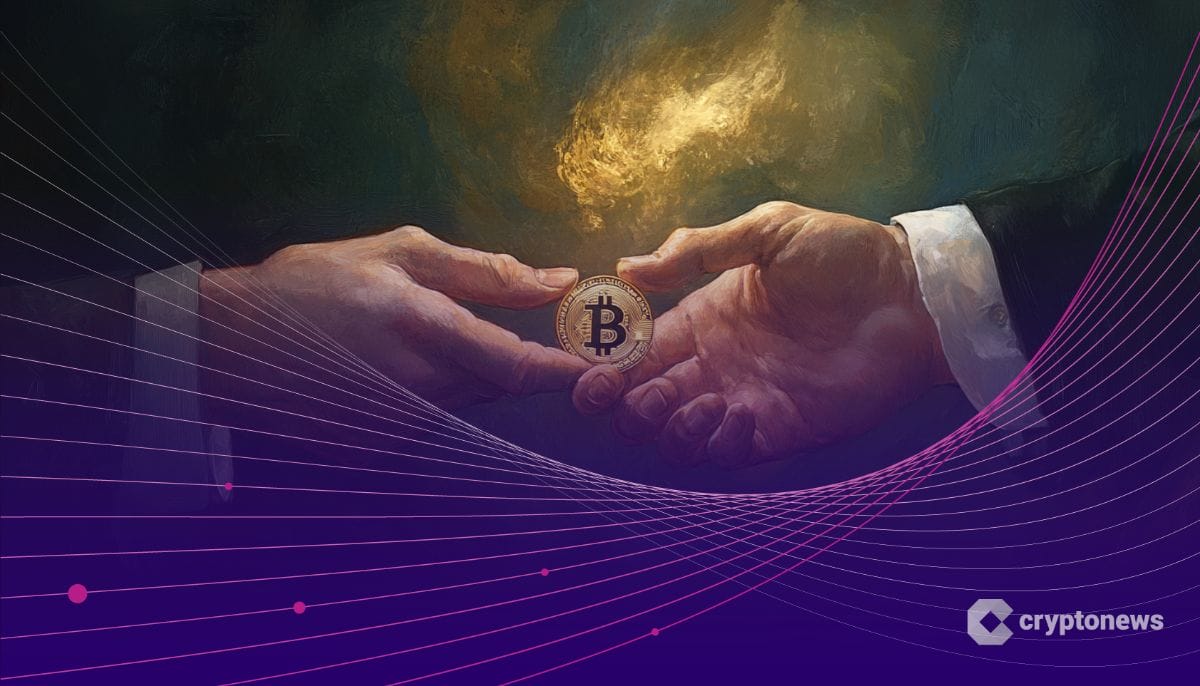
Upbit and Bithumb, South Korea’s two biggest crypto exchanges, have agreed to pay customers around $2.4 million worth of compensation for outages during the martial law chaos of December 3.
Maeil Ilbo reported that the platforms have agreed to settle with customers in a total of 720 cases.
Upbit and Bithumb: Customers Compensated
According to data released on January 22 by Kim Hyun-jung, a Democratic Party lawmaker and a member of the National Assembly’s Political Affairs Committee, Upbit agreed to pay out 3,144,598,156 won ($2,192,550) in compensation for 596 cases.
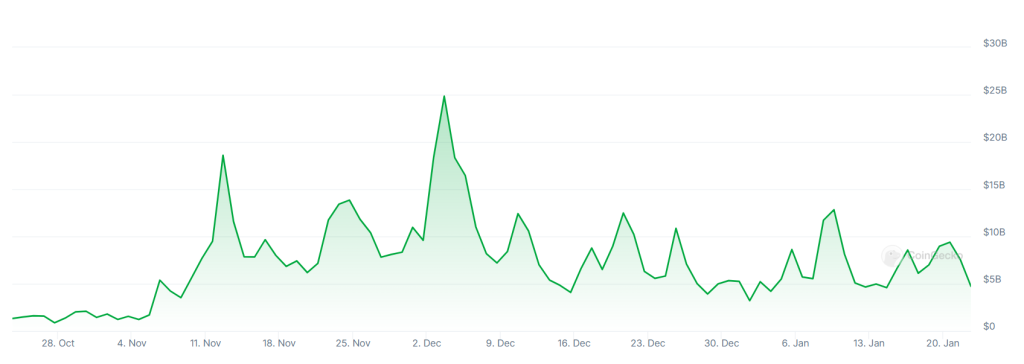
The cases all related to “computer system failures” on what has become known in South Korea as “Martial Law Day.”
Bithumb, meanwhile, agreed to pay out 377,533,687 won ($263,273) in compensation for 124 cases.
The media outlet wrote that this amounts to the “largest amount of compensation ever paid out” by domestic exchanges.
However, critics claimed that it was still “difficult to determine whether” exchanges were providing a “proper level of investor protection.”
They said that each exchange was determining the size of its own compensation packages, rather than cooperating to provide a unified response.
Kim’s offices confirmed that the total amount of compensation “may increase slightly” once remaining “negotiations” are completed.
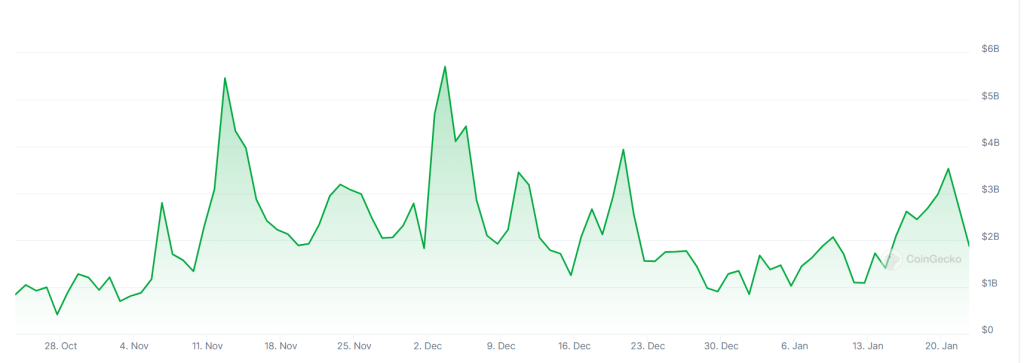
Marital Law Sparked Crypto Crisis on December 3
The lawmaker’s data showed that Coinone, Korbit, and Gopax – the remaining three KRW-trading exchanges reported “no such cases.”
South Korean President Yoon Seok-yeol sparked a crisis in the nation’s crypto and financial markets on December 3 last year when he declared martial law.
This saw the price of Bitcoin (BTC) plummet from around 130 million won (around $90,610) to 88 million won ($61,352) on domestic platforms.
This sparked panicked sell-offs, while other investors rushed to “buy the Bitcoin dip.”
This saw “the number of users accessing” Upbit and Bithumb “skyrocket,” the outlet wrote. And this sudden surge in traffic essentially crashed both platforms.
Some users were unable to log into their accounts. Others complained that they could access the websites but were unable to execute transactions.
Upbit reportedly “experienced problems” including the “cancellation of some crypto withdrawals and KRW deposits.”
Regulators Respond
The outages have sparked controversy, with financial regulators stepping in with “on-site inspections” at exchanges beginning on January 20.
The Financial Supervisory Service (FSS) has asked exchanges to submit reports on “future responses.”
The regulator thinks the exchanges should look into expanding their server capacities, improving their cloud services, and adjusting their emergency response plans.
The FSS will also follow up by “looking into whether these measures are being properly implemented,” the outlet added.
“The number of virtual asset investors is rapidly increasing in South Korea. But we still lack an institutional foundation for investor protection. The financial authorities and [crypto] exchanges should establish practical and specific measures. They need to take steps such as increasing the number of servers they use and improving their emergency response plans. This will help prevent computer accidents. And it will create a safe and trustworthy ecosystem for trading virtual assets.”
Kim Hyun-jung, Democratic Party lawmaker and member of the National Assembly’s Political Affairs Committee








